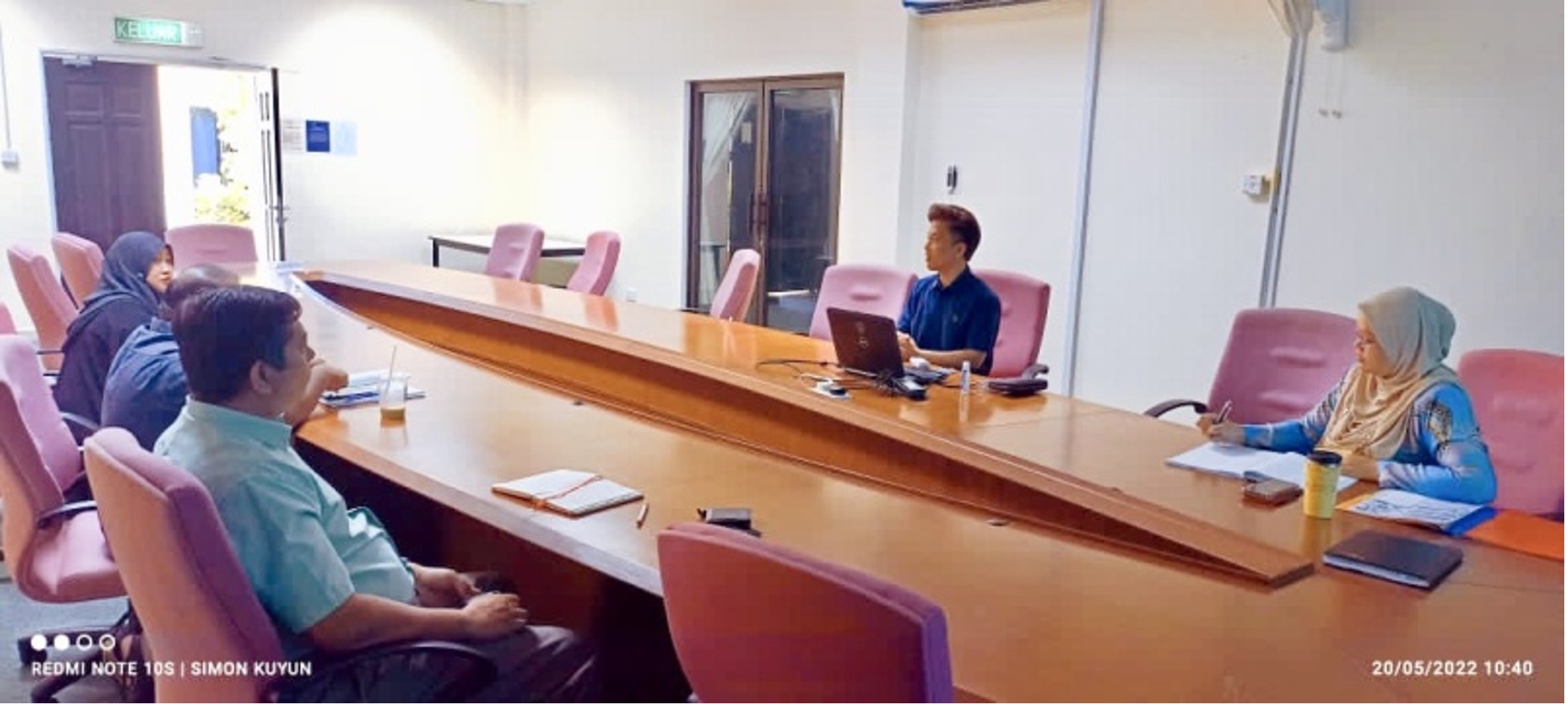- EDUCATION FOR SUSTAINABLE DEVELOPMENT
- ITBC ESD Committee
- ITBC ESD Committee Progression
- ITBC ESD Activities
WHAT is ‘ESD’?
ESD is the integration of key sustainable development issues into environmental education, e.g., climate crisis, poverty reduction, equity, Quality of Life, and human rights towards monitored and evaluated knowledge and skill enhancement as well as value and attitude improvement for people of all ages and backgrounds through critical, logical and systemic thinking. It encompasses multi-level partnerships at all education and training levels and settings, including via remote and online platforms, with lifelong and life-wide accessible opportunity to empower people for informed decisions and responsible actions in truly adopting resilient sustainable lifestyles and becoming ‘global citizens.
WHY ‘ESD’?
Under the United Nations Sustainable Development Goals (UNSDGs) 2030 adopted in September 2015, education, specifically ESD, is both the ultimate goal and pivotal mean to achieve the 17 goals, besides being highlighted under UNSDG4: Quality Education. Target 4.7 specifies that “by 2030, all learners acquire knowledge and skills needed to promote sustainable development, including among others through ESD”. ESD good practices scrutinized, tested and documented will eventually benefit UMS and the Malaysian higher education system in amplified efforts to attain UNSDGs and enhanced visibility globally, benefit varsity students and local societies in augmented environmentalism and sustainability literacy for overcoming current biodiversity-social-economy issues, and benefit related industries and collaborating agencies/organizations/campuses via innovation in both processes and technologies.
The list of relevant UMS, Sabah State and national documents (though not exhaustively) are:
- Sabah Maju Jaya Development Plan 2021-2025: industry and tourism sectors, human capital and the well-being of the people, and green infrastructure and sustainability networks,
- Sabah Environmental Education Policy (SEEP) 2006,
- Shared Prosperity Vision 2030: Key Economic Growth Area, KEGA Strategies on Green Economy, Human Capital and Sosial Capital through education),
- National Policy on Biological Diversity 2016-2025,
- Policy on Sustainable Waste Management UMS 2020,
- Policy on Sustainable Energy Management UMS 2018.
WHO are involved?
ESD programmes under ITBC benefits all stakeholders far and wide locally and internationally in tandem with the UNSDG 2030 slogan and universal value of ‘Leaving No One Behind’.
WHERE is the platform?
ESD programmes under ITBC is managed and consolidated by the ESD Committee. The committee bears the Vision “Spearheading ESD empowerment based on UMS, Sabah, national and international aspirations towards global sustainable development”, and its 5 strategic objectives, 5 initiatives and 8 indicators.
WHEN does ESD start and end?
Strengthening of ESD programmes under ITBC commenced in 2022, especially with the establishment of the ESD Committee and ‘Living Laboratory BORNEENSIS for ESD’, although educational and outreach activities have been carried out since June 1996. ESD programmes under ITBC will only persist into the future with more conspicuous outputs, outcomes and impacts.
HOW is ESD implemented?
ESD programmes at ITBC are collectively carried out within the conceptual framework of the ‘Living Laboratory BORNEENSIS for ESD’. Although some programmes were conducted prior to the official establishment of the living lab, those programmes are still utmost apt to the aim and objectives of the living laboratory as for subsequent programmes with the right goals and modules, measurable successes, and continuously enhanced resources and capacities.
‘Living Laboratory BORNEENSIS for ESD’ bears the Vision of “Spearheading systematic, comprehensive, impactful and resilient ESD founded on the aspirations of UMS, Sabah, Malaysia and the world for sustainable development”. Its Mission is “To initiate, implement, monitor, assess and document ESD to benefit sustainability awareness and visibility, research and publication, student capacity building, and support the development of community, industry and other agencies/organizations/campuses”. Three main initiatives are data collection and analyses, implementation for sustainability awareness and green networking with local and international stakeholders, as well as sharing of outputs and outcomes.
Several programmes already implemented include:
(1) Project SEPLestari UMS, an innovation by ITBC De’Green Team and ESD Committee in initiating a framework to mainstream conservation awareness and green practices in upcycling for viable circular economy using BORNEENSIS as a role model ecosystem to be a living laboratory for sustainable development serving Sabah, Malaysia and the world. The innovation won the Sabah Public Sector Innovation Award 2021 (Higher Education Category) received in June 2022.
(2) ‘ESD for Green Mindset Change in Youths ~ The PCM Way’ programme is a series of workshops based on a module developed in tandem with Berlin Declaration for ESD 2021: ESD for 2030 for youth participants to address various sustainable development issues based on real time feedbacks and data to substantiate semi Project Cycle Management (PCM) analyses. The programme has been done for Biji-Biji Initiative and The Boys’ Brigade in Malaysia in September and December 2022.
(3) Conservation Mindset Evaluation ~ ‘Ideal Forest’ Activity is a perception analyses, particularly for young children in pre-school ages, to identify gaps in ESD effectiveness and efficiency through fun drawing. The activity has been done during the Sabah Heart of Borneo (HoB) Exhibition 2022.
Contact Information:
ESD Committee,
Institute for Tropical Biology and Conservation,
Universiti Malaysia Sabah, Jalan UMS,
88400 Kota Kinabalu, Sabah.
[Attn: Mr. KUEH Boon Hee @ Kelvin]
Lecturer/Researcher cum Head of ESD Committee]
Email: kuehboonhee[at]ums.edu.my / kbhkelvin[at]hotmail.com









